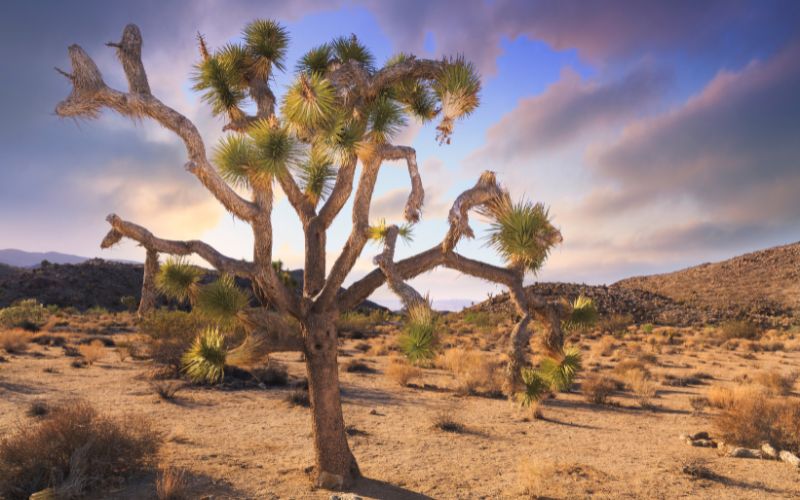
- Details
- By Native News Online Staff
The Native American Rights Fund has received a $100,000 grant from the First Nation’s Development Institute’s “Stewarding Native Lands” Program.
The funds will support the capacity at NARF to meet the legal challenges of Tribal nations in addressing eco-stewardships goals.
NARF Attorney Ada Montague Stepleton underscored in a statement that Tribal governments are crucial to advancing solutions to the climate crisis.
“Tribal governments are developing critical solutions as co-stewards to address climate change impacts on treaty-related, historically significant, and often sacred, ecosystems across the United States,” Montague Stepleton said. “Tribal governments offer unique and compelling ways to overcome red tape in public land management, build resilience in the face of climate change, and heal from historical misunderstandings with their counterparts in federal, state, and local agencies as well as with private parties and NGOs. This generous grant from the First Nations Development Institute strengthens the capacity of the Native American Rights Fund to help provide technical legal assistance to Tribal Nations seeking to operate more effectively in these ways.”
According to NARF, co-management/co-stewardship agreements, conservation easements, fee into trust, land return, and land-use planning regulations are all areas in which Tribes frequently request legal assistance.
Tribes are at the forefront of the climate crisis, often with limited financial resources to respond and adapt. The New York Times reported in 2021that nature is healthier on the more than quarter of the world’s lands that Indigenous people manage or own.
“Many Indigenous communities face climate change impacts firsthand. This grant from the First Nations Development Institute allows NARF to be where we are increasingly most needed: ensuring U.S. partners seek Free, Prior, and Informed Consent from Tribal Nations, so the first inhabitants of the lands and waters in question can raise concerns, share solutions based on thousands of years of experience, and participate in making well-informed decisions about protecting and managing shared resources,” Montague Stepleton said.
More Stories Like This
Gwich'in Tribal Governments Submit Comments Challenging Fish and Wildlife Service's Inadequate Environmental Review of Arctic Refuge Snow RoadRappahannock Tribe Challenges 9M-Gallon Water Plan
Feds release draft long-term plans for Colorado River management
Apache Leader Walks 60 Miles to Court Hearing That Will Decide Fate of Sacred Oak Flat
Rappahannock Tribe Raises Sovereignty and Environmental Concerns Over Caroline County Water Permit
Help us defend tribal sovereignty.
At Native News Online, our mission is rooted in telling the stories that strengthen sovereignty and uplift Indigenous voices — not just at year’s end, but every single day.
Because of your generosity last year, we were able to keep our reporters on the ground in tribal communities, at national gatherings and in the halls of Congress — covering the issues that matter most to Indian Country: sovereignty, culture, education, health and economic opportunity.
That support sustained us through a tough year in 2025. Now, as we look to the year ahead, we need your help right now to ensure warrior journalism remains strong — reporting that defends tribal sovereignty, amplifies Native truth, and holds power accountable.
 The stakes couldn't be higher. Your support keeps Native voices heard, Native stories told and Native sovereignty defended.
The stakes couldn't be higher. Your support keeps Native voices heard, Native stories told and Native sovereignty defended.
Stand with Warrior Journalism today.
Levi Rickert (Potawatomi), Editor & Publisher


